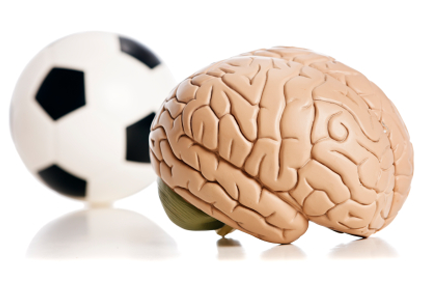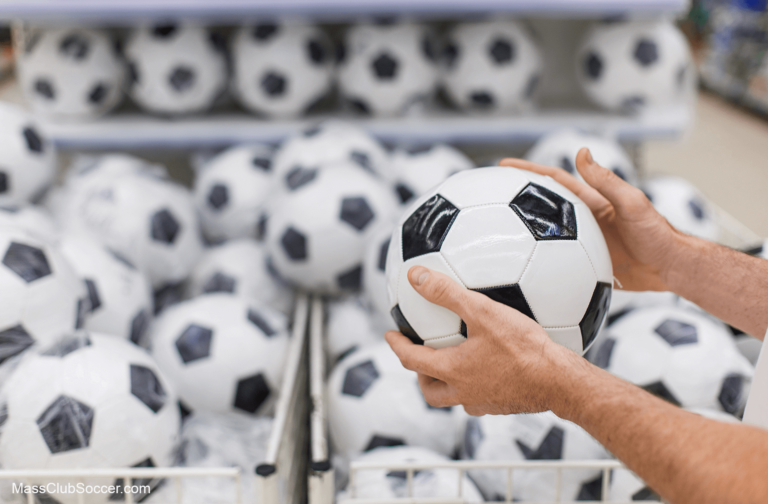Club Soccer Nutrition Tips
Key Takeaways
- Importance of nutrition in club soccer
- Types of foods to focus on
- Timing of meals and snacks
- Hydration essentials
- Real-life examples of nutrition plans
Introduction: Fueling the Game
Skill and practice are key in Massachusetts club soccer. But what about nutrition? It’s the unsung hero that can make or break your game. An dit’s more than grabbing a hash brown and and an ice coffee at Dunks!
Let’s dive into some nutrition tips to elevate your performance on the field and make you a standout.
The Importance of Nutrition in Club Soccer
Nutrition isn’t just about avoiding that post-game pizza; it’s about fueling your body for optimum performance. A well-balanced diet can improve stamina, speed, and even your mental game. It’s not just about being good enough for college soccer; it’s about being the best you can be, right now.
Why It Matters
- Energy Boost: Proper nutrition provides the energy you need to perform.
- Muscle Repair: Nutrients help in quick recovery and muscle repair.
- Mental Edge: Good food choices can improve focus and decision-making.
Types of Foods to Focus On
Alright, let’s get to the meat of the matter—or should we say, the carbs, proteins, and fats?
Carbohydrates
Carbs are your main source of energy. Think whole grains, fruits, and veggies.
Proteins
Essential for muscle repair. Lean meats, fish, and plant-based proteins like lentils are your go-to. Nothing wrong with adding a protein shake into your routine either.
Fats
Don’t shy away! Avocado, nuts, and olive oil offer fats that are actually good for you.
Food Table
| Food Type | Examples |
|---|---|
| Carbs | Brown rice, apple |
| Proteins | Chicken, lentils |
| Fats | Avocado, almonds |
Timing is Everything
You can’t just eat right; you’ve got to eat at the right times. Pre-game meals should be consumed 2-4 hours before kick-off. A balanced meal with carbs, proteins, and fats is ideal. For those looking to make the cut, check out our 5 tips for club soccer tryouts, which includes a section on nutrition.
Snack Attack
- Before the Game: A small carb-rich snack 30 minutes before the game.
- During the Game: Hydrate! Maybe a banana for quick energy.
- After the Game: Protein for muscle repair. Think chicken or a protein shake.
Hydration: More Than Just H2O
When it comes to club soccer, hydration isn’t just a sideline affair—it’s a main player. Sure, water is essential, but there’s more to the hydration game that can give you a competitive edge. Let’s break down why hydration is so crucial and how to do it right.
Why Hydration Matters
- Stamina: Dehydration can lead to fatigue, affecting your stamina and performance.
- Focus: Lack of fluids can impair cognitive functions, impacting decision-making skills.
- Recovery: Proper hydration aids in quicker muscle recovery, getting you back on the field faster.
The Right Fluids
Water is your go-to, but during intense games or practices, consider drinks with electrolytes. These help maintain a balance of fluids in and out of your cells. Coconut water, sports drinks, or even a homemade concoction of water, salt, and a splash of fruit juice can work wonders.
Hydration Table
| Fluid Type | When to Use |
|---|---|
| Water | Before, during, after |
| Sports Drinks | During, after |
| Coconut Water | After |
Timing is Key
- Before the Game: Start hydrating well before you hit the field.
- During the Game: Sip fluids at regular intervals. Don’t wait until you’re thirsty—that’s a sign you’re already dehydrated.
- After the Game: Rehydration is crucial for recovery. Opt for fluids with electrolytes to replenish what you’ve lost.
Real-Life Examples
Ever wonder what the pros eat? Cristiano Ronaldo, for instance, is known for his disciplined diet. It includes lean meats, whole grains, and plenty of vegetables. It’s not just about best soccer in Mass; it’s about best practices that can be applied at any level.
Conclusion: Eat, Play, Win
Nutrition is a game-changer in club soccer. From what you eat to when you eat it, every choice matters. Got more questions? Head over to our soccer club questions page for more insights.




